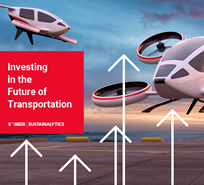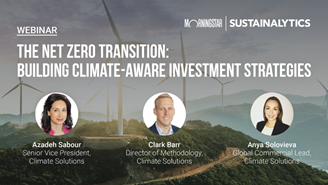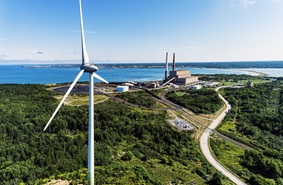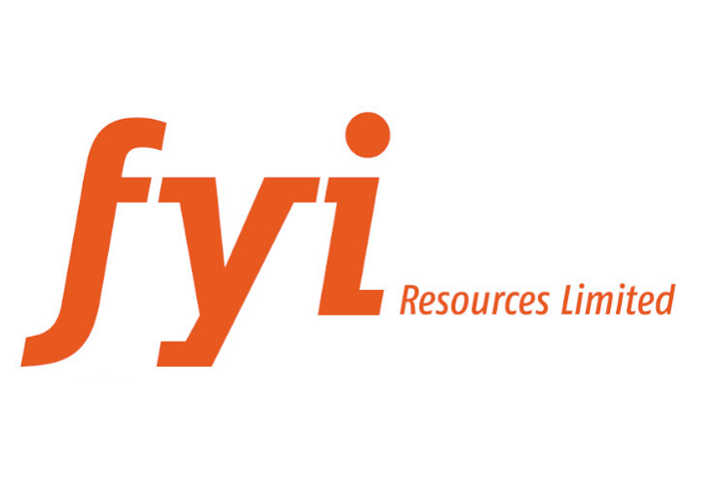Biodiversity For Financial Institutions: Making the LEAP to Better Decision Making and Stewardship
Amid growing pressure to incorporate biodiversity into investment processes, we will outline how financial institutions can perform biodiversity assessments to make meaningful decision, contribute to biodiversity preservation and be accountable to regulators.
ESG In Conversation | How Are Sustainability Professionals Really Putting ESG into Practice?
In this episode of ESG in Conversation, we discuss the results of the Morningstar Sustainalytics Corporate ESG Survey and explore how the responsibilities of sustainability professionals are changing to address their companies' material ESG issues.
What’s Happening in Sustainable Finance: Innovative Finance Instruments Breaking Ground, Use of Proceed Bonds Back in Vogue, and More
Could innovation help the sustainable finance market rebound in 2023? Will scrutiny of linked instruments continue to push investors back to use of proceed transactions? We tackle these topics and more in our latest episode.
Inconsistent Definition of ‘Sustainable Investments’ Across EU Regulations Could Cause (Unintentional) Greenwashing
The absence of clear parameters to support the regulatory definition of sustainable investments has pushed market participants to make judgment calls leading to diverging investor approaches.
EU's Iterative Approach to Sustainable Finance Regulations Isn't Perfect, But It's a Good Start
The EU Action Plan for Sustainable Finance has kept the European investment market busy over the past year. In this blog post, we highlight the merits that we see in the EU regulatory package. While not perfect, the regulation is a good start.
What’s Happening in Sustainable Finance: On the Horizon for 2023, Reporting on Financed Emissions for Sovereign Debt, and More
Despite ending 2022 on a low note, there is optimism for the global sustainable finance market in 2023 as sustainability is still a key issue for investors, issuers and governments and remains closely tied to capital markets.
The Role of Sustainability-Linked Financial Instruments in Heavy Industry Decarbonization
With the effects of climate change looming, governments and organizations of all stripes need to work with carbon-intensive industries and invite them to participate in global decarbonization efforts. This can, in part, be achieved through sustainability-linked instruments.
Carbon Emissions Data for Investors: Closing the Reporting Gap and Future-Proofing Estimations
Despite improvements in the quality and quantity of carbon emissions reporting from companies, significant gaps remain. Discover the current state of emissions disclosures, learn the advantages and disadvantages of widely used estimation models, and discover the approach underpinning Sustainalytics' Carbon Emissions Data product.
















.png?sfvrsn=2eecdd86_0)


